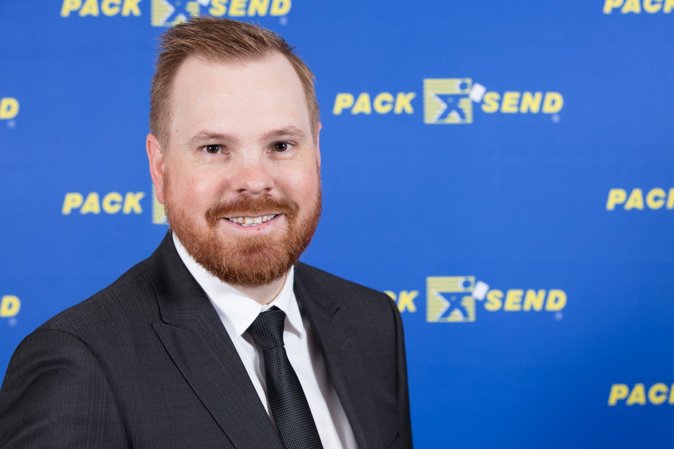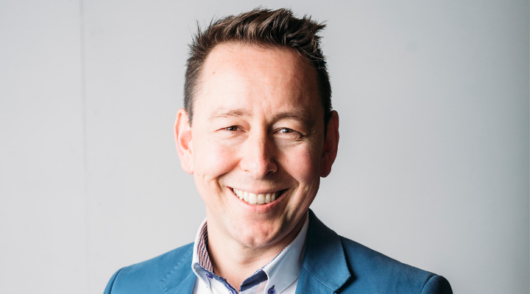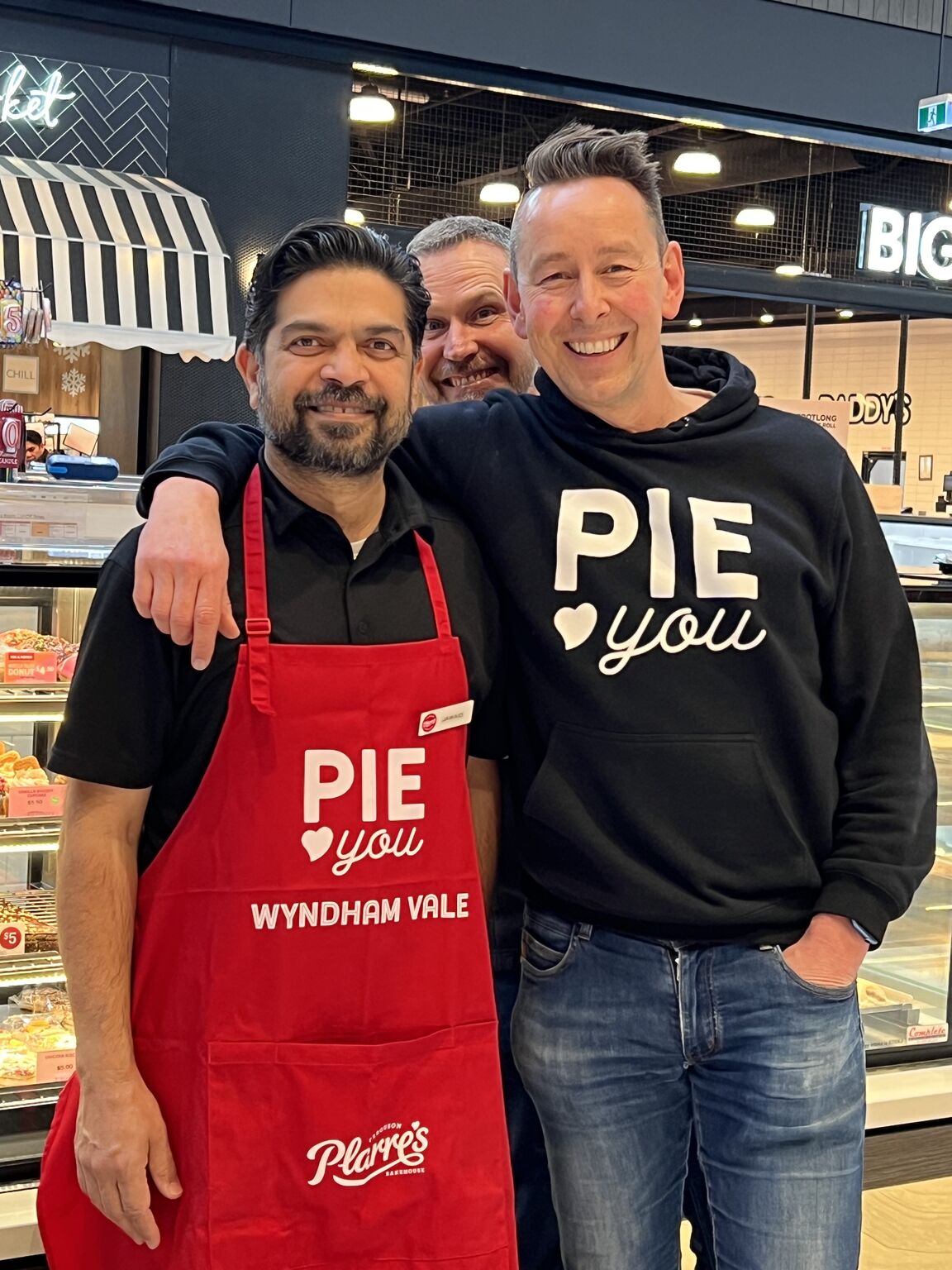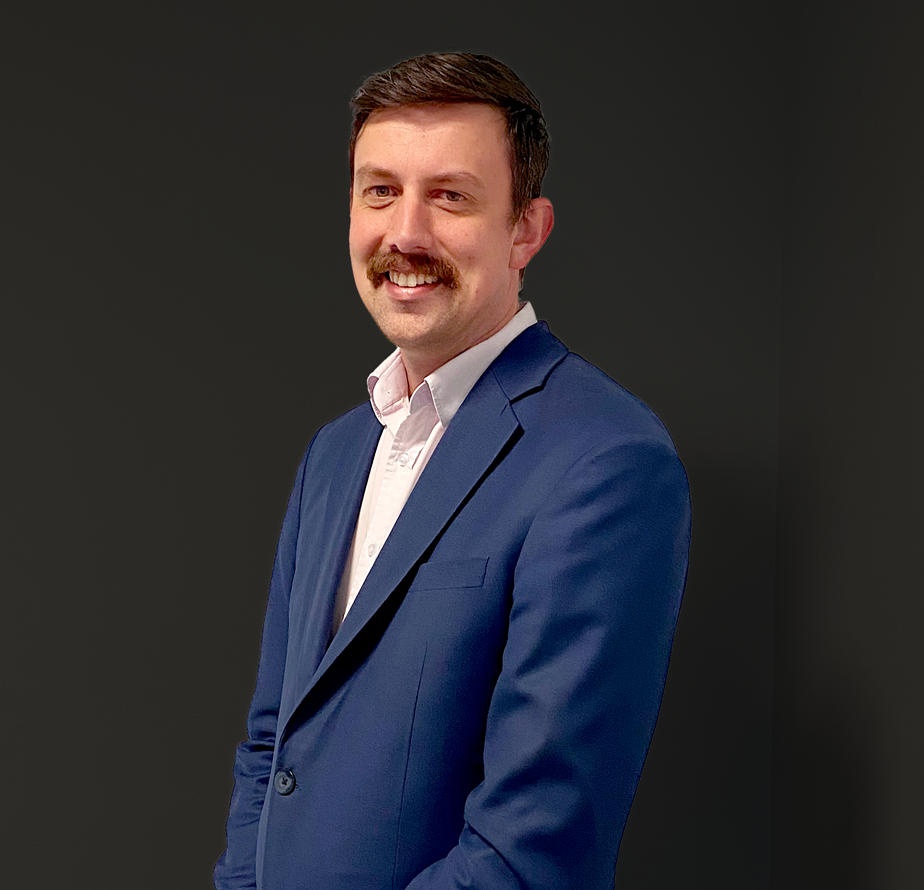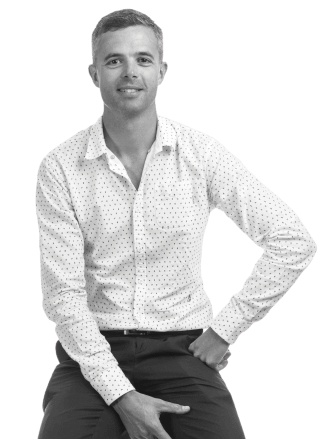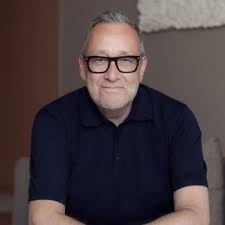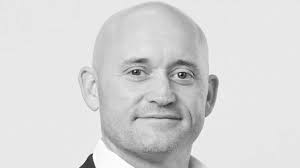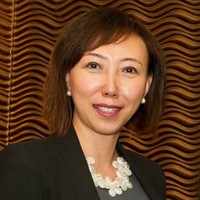CIMIC Group and Sojitz Corporation finalise UGL Transport strategic partnership
CIMIC GROUP has announced the successful completion of its strategic partnership transaction with Sojitz Corporation, establishing a 50:50 joint ownership structure for UGL Transport, an integrated transport services platform operating across Australia and New Zealand
Following regulatory approvals and the fulfilment of customary conditions, Sojitz Corporation has acquired a 50% equity interest in UGL Transport, establishing the joint ownership structure. The transaction values UGL Transport at about A$800 million (100% basis), with CIMIC realising cash proceeds of A$500 million. 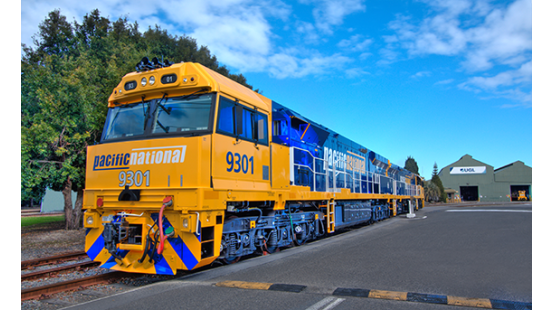
UGL Transport, a division of CIMIC company UGL, had an estimated 2025 revenue of A$1.1 billion. UGL Transport is well-positioned for continued growth, a spokesperson said.
This partnership marks a significant milestone in CIMIC’s strategy to unlock value and accelerate growth across its portfolio. Together with Sojitz, UGL Transport will broaden its service offering and expand into new markets, including Asia-Pacific opportunities.
ACS Group and Hochtief chief executive officer and CIMIC group executive chairman Juan Santamaría said, “Finalising this partnership with Sojitz shows the strength and future potential of UGL Transport. We look forward to accelerating expansion into new markets and technologies, while continuing to support Australia’s transport networks.”
Sojitz managing executive officer for COO Aerospace, Transportation and Infrastructure Division, Masakazu Hashimoto said, “We are honoured to officially join forces with UGL, leveraging Sojitz’s extensive expertise and networks across Asia to drive further growth for both parties.”
A spokesperson said CIMIC would continue to own and operate 100% of UGL’s specialist engineering, industrial services, and operations across energy, resources, infrastructure, defence, telecommunications, and technology. UGL remains a market leader in power generation, renewables, transmission infrastructure, and major infrastructure projects.
ends

 How to resolve AdBlock issue?
How to resolve AdBlock issue? 